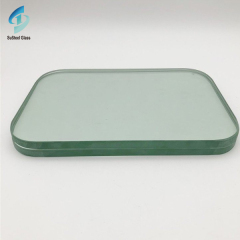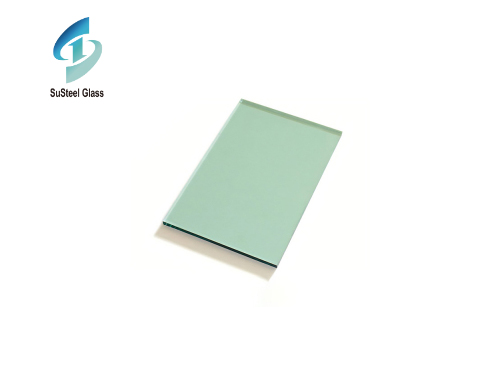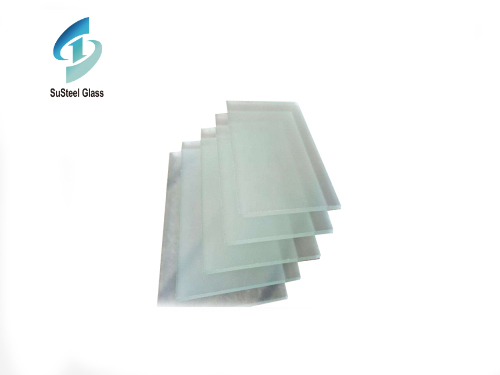Thick glass sheets have become integral components in contemporary design and construction, offering a unique combination of clarity, durability, and aesthetic appeal. As a versatile material,
thick glass sheets find applications in various industries, from architecture and interior design to manufacturing and technology. This article explores the characteristics, uses, and advantages of
thick glass sheets, highlighting their role in shaping modern design aesthetics.
Material Composition and Thickness:
Thick glass sheets are typically crafted from high-quality glass, with thicknesses ranging from a few millimeters to several centimeters. The manufacturing process involves carefully controlling the cooling and annealing to ensure uniform thickness and optimal clarity. This meticulous production results in sheets that boast both strength and transparency.
Architectural Applications:
In architecture, thick glass sheets are utilized for a range of purposes, including windows, doors, and facades. The thickness of the glass contributes to enhanced insulation and soundproofing, providing a balance between transparency and functionality. Large, structurally significant installations, such as glass walls and partitions, benefit from the added strength and safety of thick glass.
Interior Design and Decor:
Thick glass sheets play a pivotal role in interior design, where they are employed for features like countertops, tabletops, and decorative panels. The substantial thickness adds a sense of luxury and modernity to spaces, creating a sleek and polished appearance. Thick glass sheets also allow for creative design elements, such as custom textures and patterns.
Furniture Manufacturing:
In the realm of furniture manufacturing, thick glass sheets are favored for crafting durable and elegant pieces. Glass tables, shelves, and cabinets made from thick glass not only exude sophistication but also provide a sturdy and reliable foundation for everyday use. The transparency of the material enhances the visual lightness of furniture designs.
Safety and Security:
The thickness of glass sheets contributes significantly to their safety and security features. Thick glass is more resistant to impact and breakage, making it a preferred choice for applications where safety is paramount. In high-traffic areas or locations where the risk of breakage is elevated, thick glass sheets provide an added layer of protection.
Technology and Displays:
The technology sector benefits from thick glass sheets in the manufacturing of displays, screens, and touch panels. The clarity and durability of thick glass enhance the performance and longevity of electronic devices. From large digital signage to touch-sensitive interfaces, thick glass sheets contribute to the functionality and aesthetics of modern technology.
UV Protection and Light Control:
Thick glass sheets can be treated to provide UV protection, preventing the harmful effects of ultraviolet rays while allowing visible light to pass through. This makes them suitable for applications where light control and protection against sun damage are essential, such as in museums, galleries, and residential spaces.
Customization and Versatility:
Thick glass sheets offer a high degree of customization, allowing designers and architects to tailor the material to specific project requirements. Whether it's creating curved glass surfaces, incorporating tinted options, or adding decorative elements, the versatility of thick glass sheets enables a wide range of design possibilities.
Conclusion:
In the world of design and construction, thick glass sheets stand as a testament to the seamless integration of strength and transparency. From architectural marvels to everyday objects, the versatility of thick glass contributes to the creation of visually stunning and functional spaces. As design trends continue to evolve, the enduring appeal of thick glass sheets remains rooted in their ability to bring clarity, durability, and modern elegance to a myriad of applications.


 Exploring the World of Green Tinted Glass Products: Versatility and Sustainability
Exploring the World of Green Tinted Glass Products: Versatility and Sustainability
 Exploring the Versatility and Elegance of Custom Thick Glass
Exploring the Versatility and Elegance of Custom Thick Glass